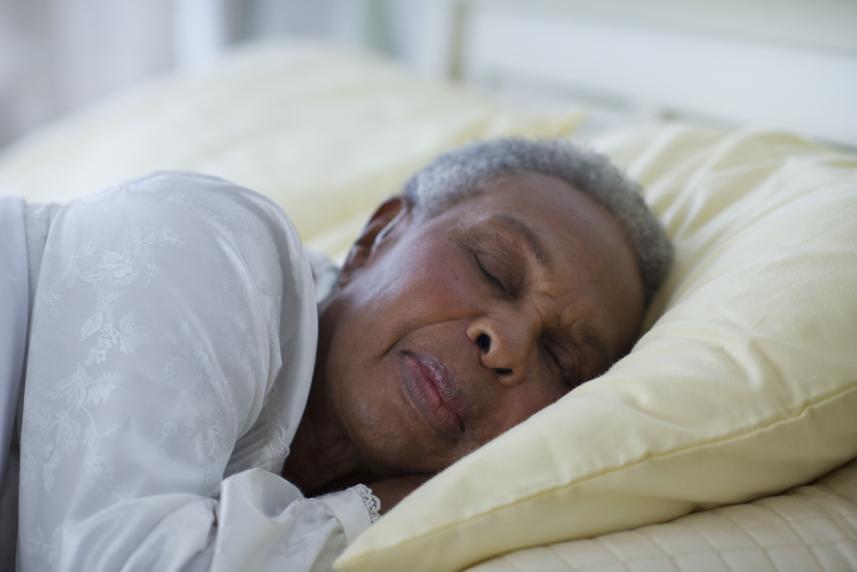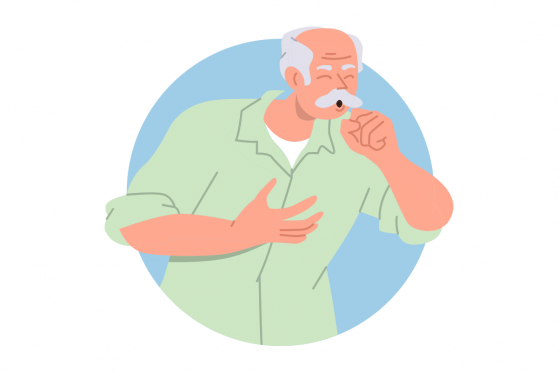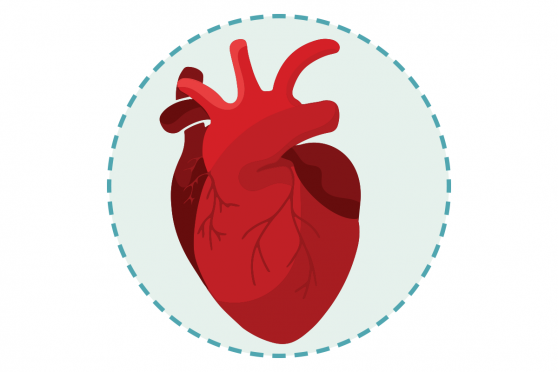Prepare Yourself for Sleep Tonight
Simple strategies that can help you get the rest you need

If you can’t remember the last time you got a good night’s sleep, you’re in good company. Nearly 70 million Americans say they have sleep problems. Fortunately, making a few adjustments to your daily routine can help. Here are seven things you can try. They’ve worked for other people who couldn’t doze off.
Eat this salad for dinner
Toss spinach or lettuce with asparagus, broccoli, zucchini, walnuts, mushrooms, and sesame seeds. Top with low-fat yogurt or cottage cheese. These foods are all high in tryptophan. That’s an amino acid that researchers think causes sleepiness by raising the body’s levels of serotonin, a chemical that induces relaxation.
Have fruit before bed
Chowing down on dinner or a big snack a couple hours before bed will keep you up, but noshing on a bit of fruit can have the opposite effect. Eat some pineapple, tart cherries, or a banana. They increase your levels of the hormone melatonin, which can help you fall asleep faster. Bananas also contain magnesium and potassium, which relax your muscles.
Change your sheets often
Three out of four people say they get a better night’s sleep on sheets with a fresh scent, according to a recent poll by the National Sleep Foundation. Wash sheets in hot water once a week and blankets regularly to help reduce dust mites, especially if you have asthma or allergy symptoms.
Sleep like a bat
Experts say the ideal bedroom temperature for sleeping is between 60°F and 72°F. A slightly cool room contributes to good sleep because it mimics the body’s internal nighttime temperature drop. Think cool and dark. That’s how bats like it, and they sleep about 16 hours a day. What’s most important, though, is a temperature that’s comfortable for you.
Wear socks
When your feet and hands are warmer than the air in your bedroom, you’re more likely to doze off. Researchers in Switzerland found that warmth increases blood flow to feet and hands, and that in turn brings on sleepiness. Poor blood flow is suspected to be a major cause of sleeplessness in older adults.
Let go of your worries
As the day’s problems come barreling into your bed at night, do you find yourself too worked up to doze off? A few hours before bedtime, make a list of what’s worrying you. Stephanie Silberman, PhD, author of The Insomnia Workbook: A Comprehensive Guide to Getting the Sleep You Need, suggests asking yourself, “What are the things that come to mind when I’m lying in bed at night?” Jot them down along with possible solutions. Then, if a worrying thought pops into your head on the pillow, you can tell yourself you’ve dealt with that issue. Silberman says that should create a sense of relief and help you relax.
Get up
If you’re still wide awake after 20 minutes in bed, get out of bed. Do something quiet and relaxing, like reading or taking a warm, not hot, bath. If this goes on night after night, try learning a few simple yoga poses or meditating. Talk to your doctor if you think lack of sleep is hurting your health.



